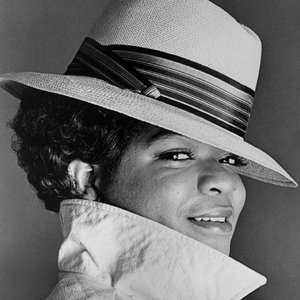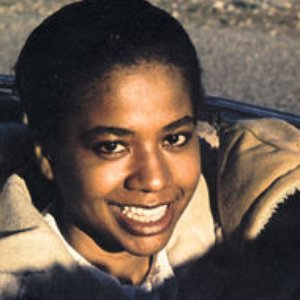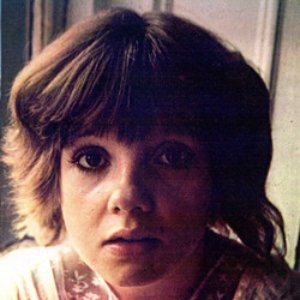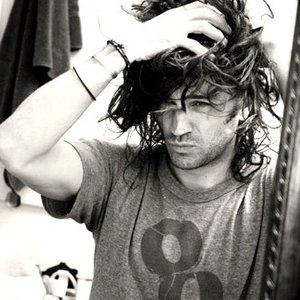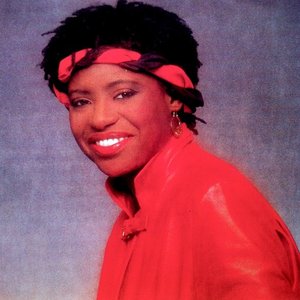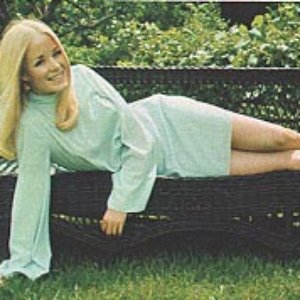Biography
Donnie Dacus (pronounced DAY-cus, born October 12, 1951 in Galena Park, Texas) is an American guitarist and songwriter. He's noted for his work with Stephen Stills in the mid-late '70s, and a controversial stint with the jazz-rock group Chicago from 1978-1980. He also had a brief fling with acting, starring in Hair in 1979.
His career started in a teenage band called The Shux, so named because Jimi Hendrix often ended shows by saying, "Aw, shucks". Reports indicate that The Shux had Go-Go girls, and that Dacus often dressed up as Hendrix. In 1966, the band played at a Mardi Gras in Fort Worth, Texas. The Doors played at there as well. After graduating from Cleburne High, Dacus left to record with the Yellow Payges.
According to various sources, Dacus worked on Crosby, Stills, and Nash's CSN album, doing background vocals and playing rhythm guitar. A few years later, he teamed up with Stephen Stills for several projects. On Stills Dacus has two writing credits, and on Illegal Stills he is featured prominently.
Stills and Dacus had suffered a bitter falling out when Dacus accidentally landed a part in the movie version of Hair. He had accompanied a friend to auditions and got the part when Miloš Forman spotted him. His long blond locks and bland good looks made him a natural for the character of Woof.
In January 1978, bearish Terry Kath – legendary guitarist of Chicago – fatally shot himself. Dacus auditioned between takes on Forman's film almost as an afterthought. "I knew most of the songs," Dacus has said. "I used to do 'Dialogue' in Top-Forty bands. I knew every hit song those guys ever did. They let me play five songs and by the third song – '25 or 6 to 4' – I could tell everyone was looking around. I wasn't nervous. I went in there with the attitude, 'Hey, I'm gonna play with Chicago; they may hate me but I'm gonna have some fun.'" Bassist Peter Cetera has said Chicago "interviewed about 20 different guitarists," and were just about at the end of their rope when Dacus came in and played their stuff with a lot of fire. According to trombonist James Pankow, what impressed Chicago was that Dacus "was somebody who believed in himself. He came in and said, 'I'm Donnie Dacus.' The kid had a lot of balls. Most of those guys couldn't sing and play 'Little One' at the same time." Cetera, noticing Dacus had long, Frampton-ish hair , supposedly stated, "My God, he has long hair! Let's go!" Keyboardist Robert Lamm said, "He just blew us away. The kid's an original."
Dacus' debut with Chicago (Hot Streets) went to #12 and platinum, but the controversy over the new guitar player began right away. Chicago fans heatedly debate the merits of Dacus to this day. No Terry Kath in looks (a plus), in voice, in soloing, or in composition (all minuses), Dacus faced an impossible task–to replace a fan favorite who had died tragically at the height of his powers. To be fair to Dacus, Jimmy Page couldn't have effectively replaced Kath under these circumstances. In retrospect, Dacus gets mixed reviews. Some of his soloing is great (e.g., the title track), some not so great ("Alive Again"). As a singer, he's effective in ensemble ("Alive Again"), but sounds like a baritone trying to stretch it to tenor on leads ("Ain't It Time," "Take A Chance"). As a composer, he pens a decent guitar riff ("Ain't It Time"), but has trouble rhyming. That Dacus entered Chicago at a time when their first wave of success was ending is not his fault, but he couldn't do much to pull them out of the tailspin, either. During his time with Chicago, he joined band-mate Peter Cetera to sing background vocals on Billy Joel's classic 52nd Street tune, "My Life."
That tailspin hit hard with Chicago 13, featuring the Dacus-sung single "Must Have Been Crazy" (#83). Neither the album nor the song went anywhere as Chicago failed to make platinum status for the first time. The single featured a new voice with no signature horns, which may have led to its demise. Far better was a re-recorded, Chicago-ized version of the Dacus/Stills "Closer to You," strangely released only as a B-side single. Strained relationships between Dacus and the other band members added to the problems, and after the Christmas tour of 1979, Dacus was fired.
What exactly happened between Dacus and Chicago may never be known. Collected hints over the years indicate that Dacus' ego got too big, and that his rolling and yelping stage style didn't fit in with the rest of the band. Dacus has remained publicly silent since the split and, in fact, it's difficult to find virtually any information about him from that time onward. Video of Dacus is available on the DVD included in the 2003 Chicago box set release.
He surfaced in 1982, joining Badfinger for a tour, and sources say some fans think he was one of Badfinger's best.
From the Internet Movie Database (IMDB.com), someone who knows Mr. Dacus posted the following:
"Married and still writing music, working with computers now."
Artist descriptions on Last.fm are editable by everyone. Feel free to contribute!
All user-contributed text on this page is available under the Creative Commons Attribution-ShareAlike License; additional terms may apply.




